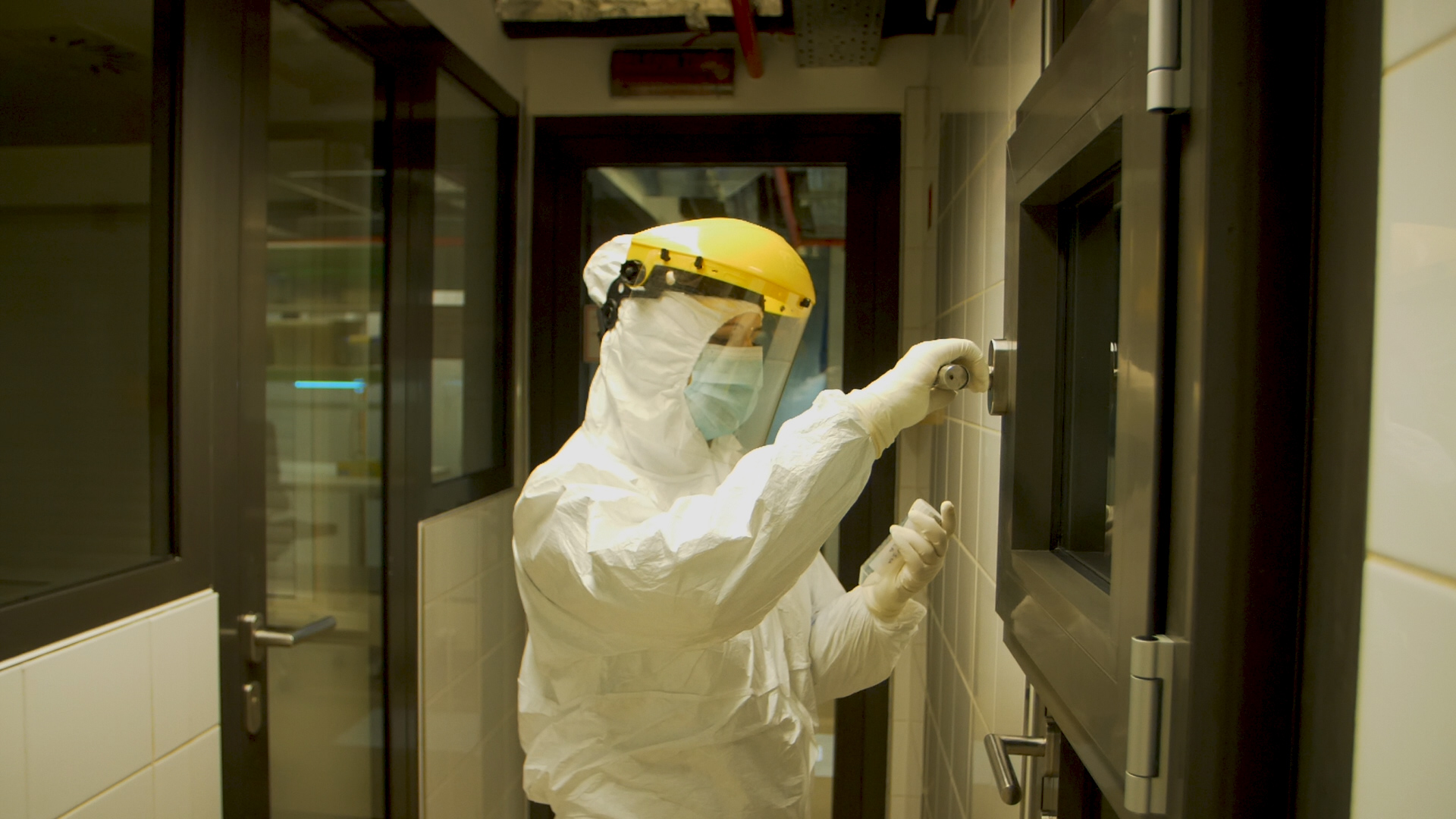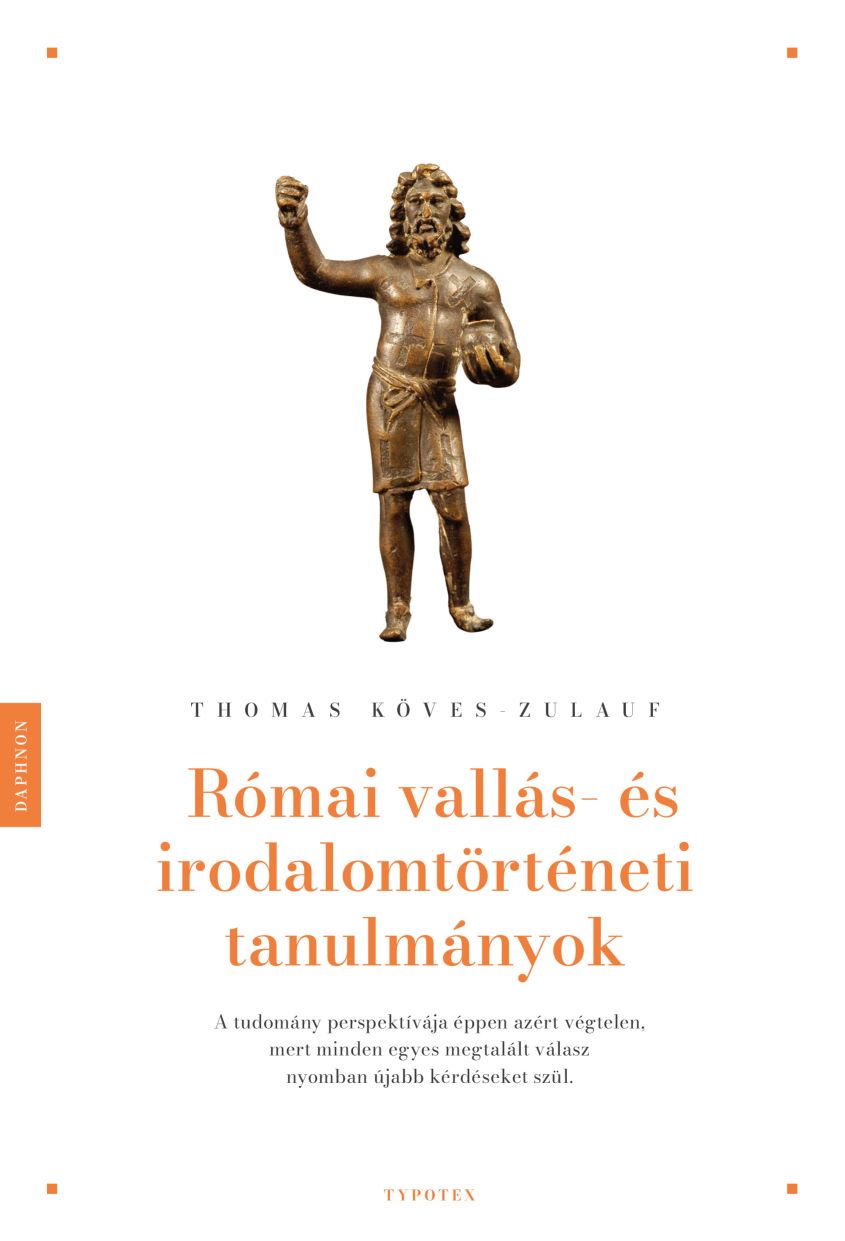According to the decision of the Governing Body of the Eötvös Loránd Research Network and with the approval of its president Miklós Maróth two new institutes of the Research Centre for the Humanities were established on March 3, 2021. The Institute of Archaeogenomics researches the genomic relationships of the region’s and other archaic and contemporary populations of Eurasia, and the Gyula Moravcsik Institute coordinates research based on the methodology of classical philology.
The Institute of Archaeogenomics was founded on the basis of the Archaeogenetics Laboratory after it was separated from the Institute of Archaeology of the Research Centre for the Humanities. The main task of the institute is to fully explore the population history of the Carpathian Basin with genetic methods, ranging from the prehistory to the present. Its strategy is to closely cooperate with national organisations, such as the Institute of Archaeology and the Hungarian Prehistory Research Group of the RCH, plus the Institutes of Archaeology of the Eötvös Loránd and Pázmány Péter Catholic Universities, as well as international partners.

The scientists working in the institute research the genomic relationships of the region’s and other archaic and contemporary populations of Eurasia in an international scientific network. In addition to the level of populations, complete genetic information also allows the exploration of individual genetic traits and relationship systems, with which the institute also serves specific research aims of the co-sciences, in the framework of interdisciplinary research collaborations.
The aim of the Gyula Moravcsik Institute is to research the written heritage of antiquity, to explore and process its textual memories, to maintain and enrich the knowledge related to it, with special regard to the Hungarian heritage. In order to carry out their work successfully, the colleagues rely on the methodology of classical philology, which discipline has a rich historical legacy, and which brings together the work of the researchers focusing on different ages and different fields.

Consequently, the basic tasks of the methodology include the international representation of Hungarian classical-philological research, the dissemination of recent international results in the field, and the publication, translation and commentary of Greek and Latin texts. In addition, the institute takes part in the education of young scientists within the framework of workshops, and at the same time provides career opportunities for young researchers.

